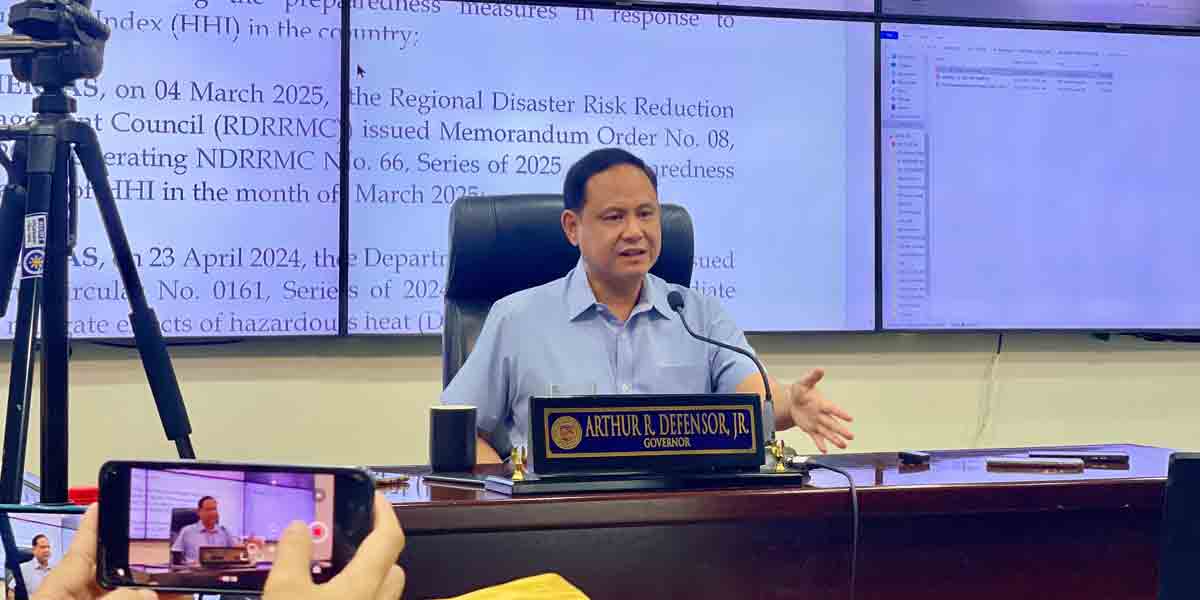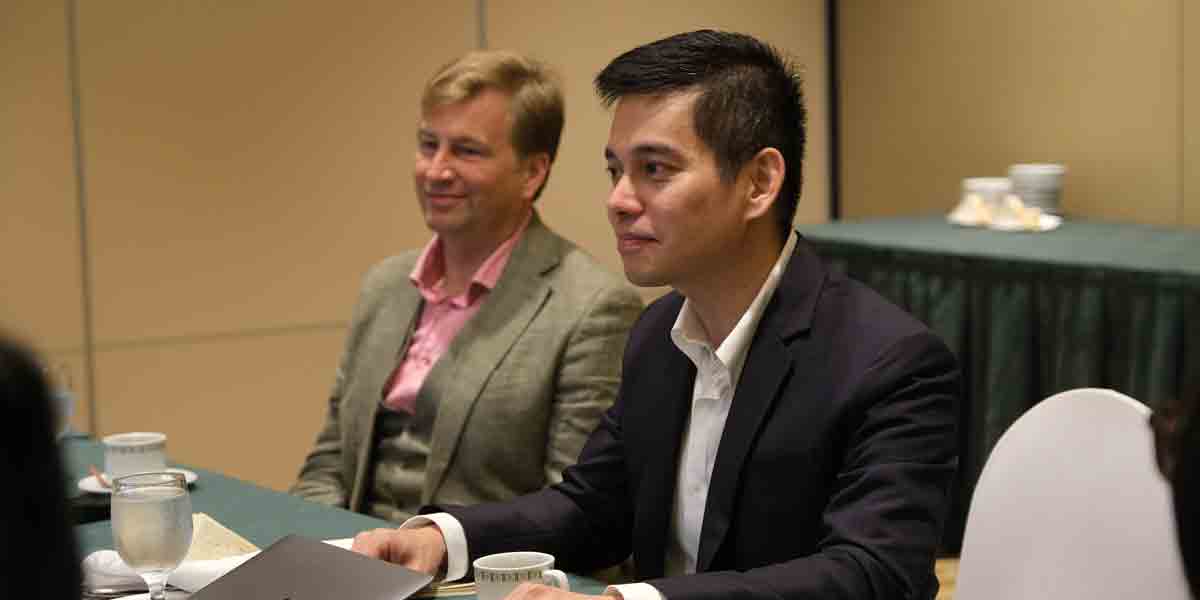By Herman M. Lagon
Joining student organizations, clubs, councils, and school papers is more than just a way to pass the time in college; it is an experience that forms you. Imagine this: you graduate with Latin honors and a picture-perfect transcript, but how do you respond when the job market calls for leadership, empathy, and critical thinking? Academic excellence is important, no doubt. However, as someone with years of experience in hiring teachers, without hesitation, between an academic hermit and a student leader, the latter often lands, performs, and stays on the job. Being involved in organizations sharpens strategic thinking skills, makes you resilient, and gives you “street smarts” that no textbook can teach.
You see things differently when you go beyond the classroom and join student organizations. Running a group, event, or school paper forces you to consider your peers’ needs. It demands that you understand the theories you learn in class and apply them in ways that affect others. You move from simply absorbing knowledge to engaging, deepening, and creating insights, enriching your learning process. And that, my friends, is where the real, essential growth happens.
Student leadership is not just about having a title, being in control, or being popular, but about the joy and fulfillment of serving others. Take my own experience as a principal, where I have often seen applicants parade their leadership credentials, only for me to discover that their involvement was just for show. Some ran for office not out of a desire to serve but to collect points for their portfolio. These individuals are easy to spot. Ask them about their achievements, and they will hesitate. Probe deeper into what they accomplished, and you find out they were just wallflowers, soaking up the limelight without doing the work. It is shameful, really.
On the other hand, true student leadership is about stepping up when no one else will, solving problems, and taking responsibility for the team. The irony is that many students think their academic achievements will set them apart. Still, employers, including myself, are looking for more, especially these soft skills—communication, adversity management, and collaboration. Being book-smart is not enough when faced with real-world challenges that require empathy, quick thinking, and adaptability.
The joy of involvement comes from realizing you are part of something bigger than yourself. This aligns with what Prof. John Niño Crauz emphasized in ISUFST’s Panugod Leadership Session—student organizations are not just about personal growth but essential to community and nation-building. Unity among and immersion in student organizations foster a sense of purpose, teaching young leaders to embrace progressive ideas while cultivating holistic growth. When you are in the trenches of student leadership, balancing studies with managing an organization on top of your struggles, you learn how to juggle life’s complexities in ways no classroom lesson can replicate.
I have been part of the hiring process in my previous school, and we always look for leadership and communication skills over straight academic credentials. The student leader often shines and is more authentic in teaching demo sessions and panel interviews. These individuals can think on their feet, communicate clearly, and handle the pressure. They have already been tested in real-world situations—leading meetings, addressing conflicts, analyzing issues, and organizing events. These experiences build confidence and competence that cannot be measured by grades alone.
However, it is essential to join the right organization. Not all groups will align with your values or goals, and there is no sense in pouring energy into something you do not believe in. Finding a homey workplace and shared advocacy with healthy pressure will help you be your best. Passion for the group’s mission makes it a self-discovery journey rather than an obligation.
Taking on leadership roles transforms students in profound ways. They become more self-aware, better communicators, and more resilient in facing challenges. These qualities cannot be learned from textbooks alone but are essential for becoming a well-rounded, engaged citizen. When you collaborate with others toward a shared goal, you gain a deeper appreciation for community and civic responsibility. You start to see how society is interconnected, recognize the dignity of every individual, and understand the importance of social justice. This awareness shapes you for life beyond college, preparing you not just for a career but for contributing meaningfully to society.
Participating in student organizations broadens your worldview. You suddenly care about how your actions affect others, not just your grades or success. You see things from multiple angles, deepening your understanding of issues you might have overlooked. This level of understanding is essential in a world where navigating diverse perspectives is key to success.
The bottom line is this: student leadership makes you a better version of yourself. It challenges you, stretches you, and prepares you for life’s challenges. It is not just about the awards, titles, or clout; it is about the formation that happens along the way. And that, more than anything, is what makes the journey worthwhile.
***
Doc H fondly describes himself as a “student of and for life” who, like many others, aspires to a life-giving and why-driven world grounded in social justice and the pursuit of happiness. His views do not necessarily reflect those of the institutions he is employed or connected with.

























